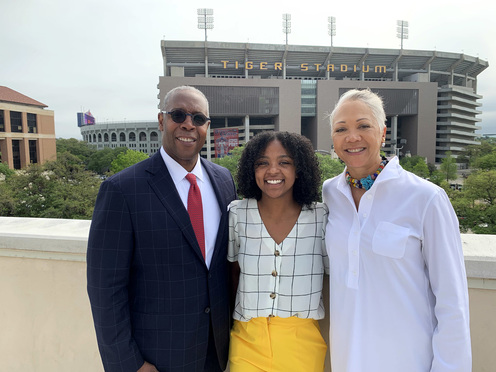This week, Lori Loughlin (Aunt Becky) and her husband entered a “not guilty” plea in the Varsity Blues case. This followed the U.S. Attorney’s Office in Boston adding money laundering conspiracy to the list of charges she and other defendants face. Sentencing guideline aficionados know that money laundering adds points to the sentencing guidelines range—decreasing the chances of probation at sentencing. Federal courts use these guidelines (which are non-binding) as a basis to form the sentence. A number of other defendants have accepted responsibility and agreed to plead guilty to lesser charges, reducing their guideline points.
News outlets were all over the new charges and the “not guilty” plea. But the better story was over a thousand miles south down on the Bayou, where Louisiana State University (LSU) was working on a different kind of narrative. A few weeks ago, Corporate Counsel published a story challenging schools to examine their admissions controls and compliance programs. On April 12, LSU held the inaugural kickoff for its Ethics Institute. The school began developing the institute in the spring of 2018 well before other universities were mired in the Varsity Blues scandal, but its focus is particularly relevant given the current headlines.


 AT&T SEVP & CCO, David Huntley, left, his wife, Tracey Nash-Huntley, right, and LSU student, Staci Shelby, center, at the LSU Foundation next to LSU’s Tiger Stadium.
AT&T SEVP & CCO, David Huntley, left, his wife, Tracey Nash-Huntley, right, and LSU student, Staci Shelby, center, at the LSU Foundation next to LSU’s Tiger Stadium.







